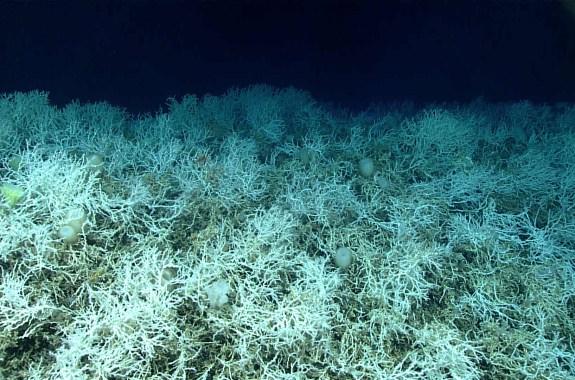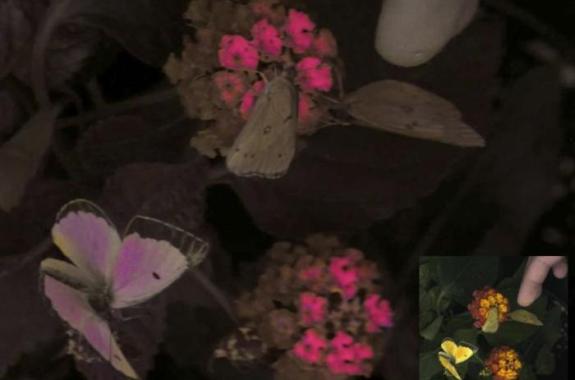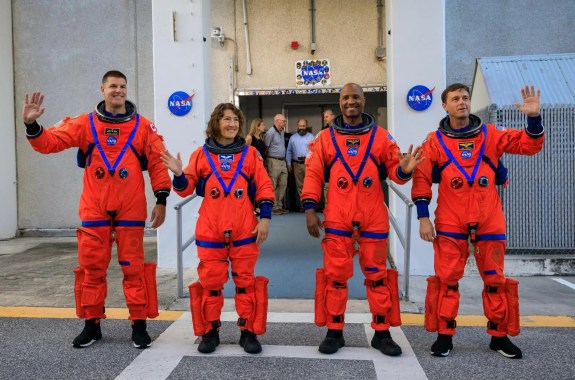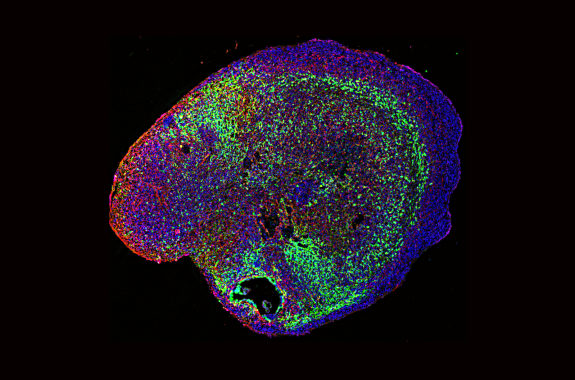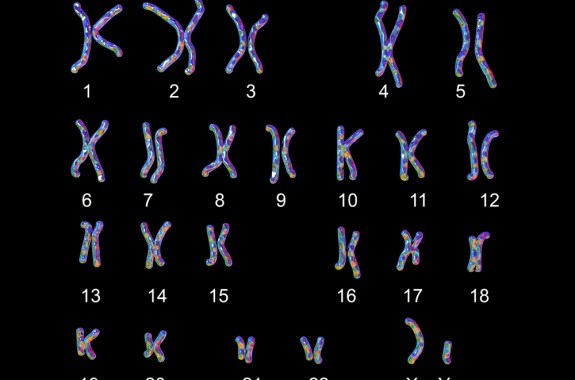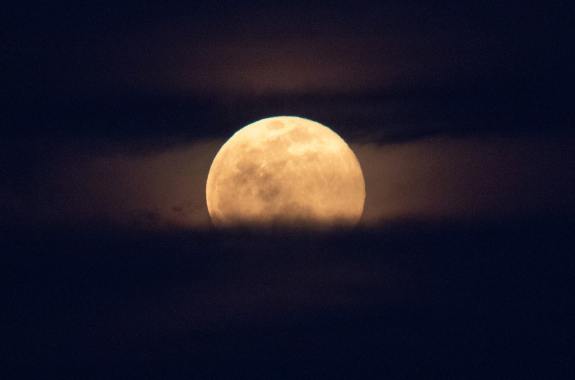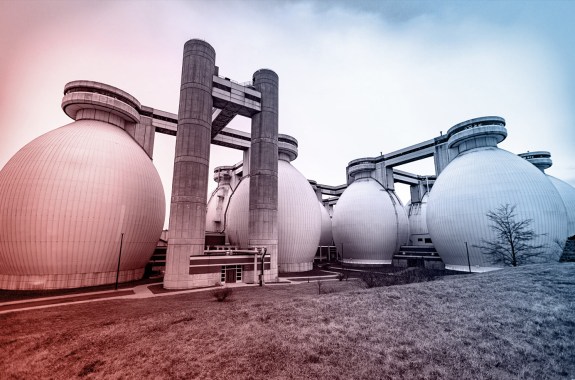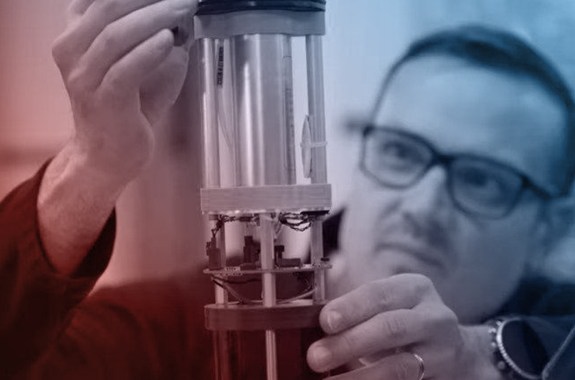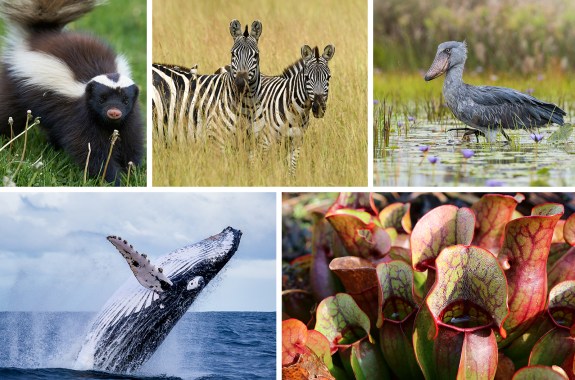Explore Broadcast Segments
17:20
Building Blocks Of Life Found On Asteroid Bennu
Early analysis of asteroid samples from NASA’s OSIRIS-REx mission show the residue of an icy brine, and a soup of amino acids.
12:14
Revealing The Largest Deep-Sea Coral Reef In The World
The gigantic reef stretches for hundreds of miles in near-freezing waters and total darkness, but it’s bustling with life.
12:13
NASA Finally Opens Canister Containing Asteroid Sample
Engineers had to design bespoke tools to open the OSIRIS-REx capsule nearly four months after it arrived back on Earth.
17:14
How Signing Characters Help Deaf Children Learn Language
A lab at Gallaudet University is creating television shows with signing characters to increase literacy in both English and ASL.
9:57
Are Roses Red, And Violets Blue? Depends On Your Species
A new video camera system shows the colors of the natural world as different animals see them.
11:35
NASA Once Again Delays Artemis Crewed Missions To the Moon
With this week’s delays to Artemis II and III, astronauts likely won’t walk on the moon until 2026 at the earliest.
13:20
Brain ‘Organoids’: Lab-Grown Cell Clusters Model Brain Functions
Scientists can coax stem cells into clusters that mimic the functions of brain regions, which could help us understand brain disorders.
17:00
Unraveling the Mysteries Of The Y Chromosome
Assembling the complete sequence of the Y chromosome is an important step toward understanding the human genome.
9:18
Devastating Fires Might Become More Common In Hawai’i
Why were the fires in Maui so destructive and how could climate change make fires there more frequent? Plus, more stories from this week in science news.
16:53
August Skies Set To Dazzle
Get ready stargazers: The Perseid meteor shower and a super blue moon are highly anticipated sights this August.
8:38
Farm Fertilizers Can Contain ‘Forever Chemicals’ From Sewage
Dangerous chemicals called PFAS, are now ubiquitous, contaminating waste that ends up on farm fields.
6:14
An Underwater Volcano Off The Oregon Coast Sheds Light On Eruptions
The Axial Seamount is a natural laboratory, helping scientists improve long-term eruption forecasts.
17:12
50 Years Later, Reflecting On The Treaty That Controls Wildlife Trade
CITES, the pioneering international treaty ratified 50 years ago, aimed to regulate trade in wildlife species—and it’s still expanding.
16:28
It’s Spacetime And Science Season At The Oscars
From multiverses to volcanoes, this year’s Academy Award nominees include many pictures where science drives the plot.
31:59
ChatGPT And Beyond: What’s Behind The AI Boom?
Amid a flurry of AI announcements, we break down how tech like ChatGPT could affect our lives this year.

